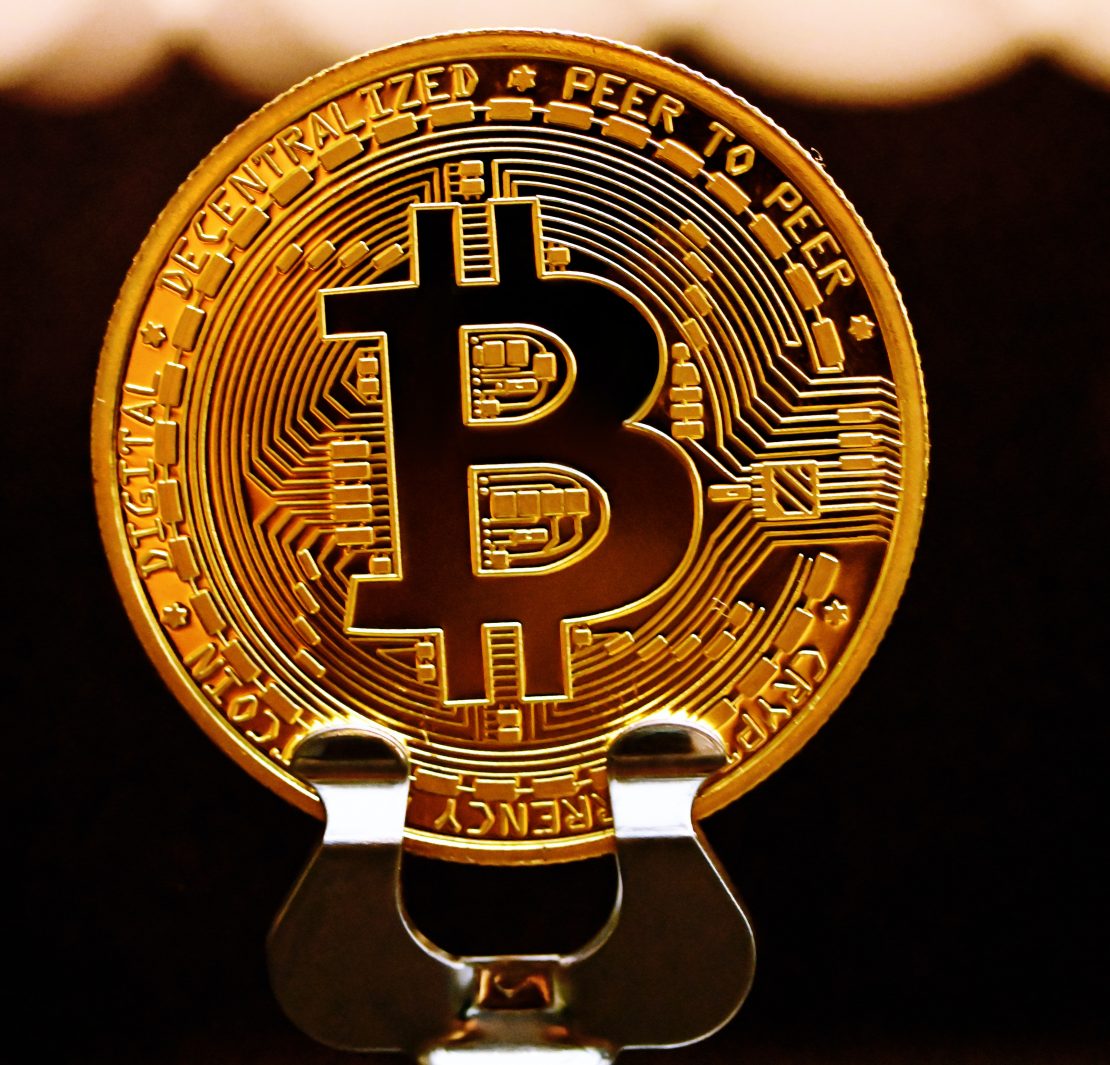On June 9, 2021, El Salvador, in a historic move, became the first-ever country to adopt Bitcoin (BTC) as legal tender, alongside the U.S. dollar which was previously their only currency. As per the new law, all transactions from paying taxes to availing everyday commodities and services can be done with the use of Bitcoin. BTC had always been legal to use in El Salvador but its acceptance was voluntary, the new legislation makes acceptance of BTC as a method of payment mandatory for all businesses.
The President of El Salvador, Nayib Bukele, who played a crucial role in advocating for the crypto-law, even vouching for BTC publicly, believes this would help Salvadorans without access to traditional banking services and attract significant foreign investments from Bitcoin holders all around the world. Further, El Salvador’s crypto venture would be in collaboration with Strike, a digital wallet company, which would help the nation to establish the infrastructure required for using BTC technology.
While some from the crypto community are rejoiced at the developments in El Salvador, welcoming it wholeheartedly, there remain the usual skeptics, as BTC could well and truly be disastrous for the country’s economy. The highly volatile nature of BTC highlights Bitcoin’s weakness as a potential alternative to centralized currencies. On a Twitter thread, George Selgin, Director of the Cato Institute’s Centre for Monetary and Financial alternatives, suggests that article 7 of Bukele’s new law which states, “Every economic agent must accept bitcoin as payment when offered to him by whoever acquires a good or service” are draconian in nature. The imposition of articles (7 and 13) which make BTC compulsory tender, deprives the nation and its people of the basic right to choose.
The El Salvador government is hopeful that it will promote the necessary training and mechanism for its population to use bitcoin but with a majority of the nation working in the informal or agricultural sector, nearly 70% not having access to a bank account or credit card and 30% not having access to the internet at all, financial inclusion which is imperative doesn’t see fruition. It is a fact that BTC (specifically) cannot be used as a national currency due to high remittance fees and confirmation times (as BTC networks can handle only 3 transactions per second), which would ruin the experience of BTC for the minority of El Salvadorans who can afford the investment.
The World bank denying assistance in the implementation of Bitcoin in El Salvador raising concerns over transparency and environmental issues, which doesn’t come as a surprise for many as decentralized currencies would gravely impact the wealthy. We can merely hope that Bukele’s crypto-experiment is a success for El Salvador.




Warning: Use of undefined constant ‘url’ - assumed '‘url’' (this will throw an Error in a future version of PHP) in /var/www/html/wp-content/themes/theissue/functions.php on line 143
Warning: Use of undefined constant ‘url’ - assumed '‘url’' (this will throw an Error in a future version of PHP) in /var/www/html/wp-content/themes/theissue/functions.php on line 143